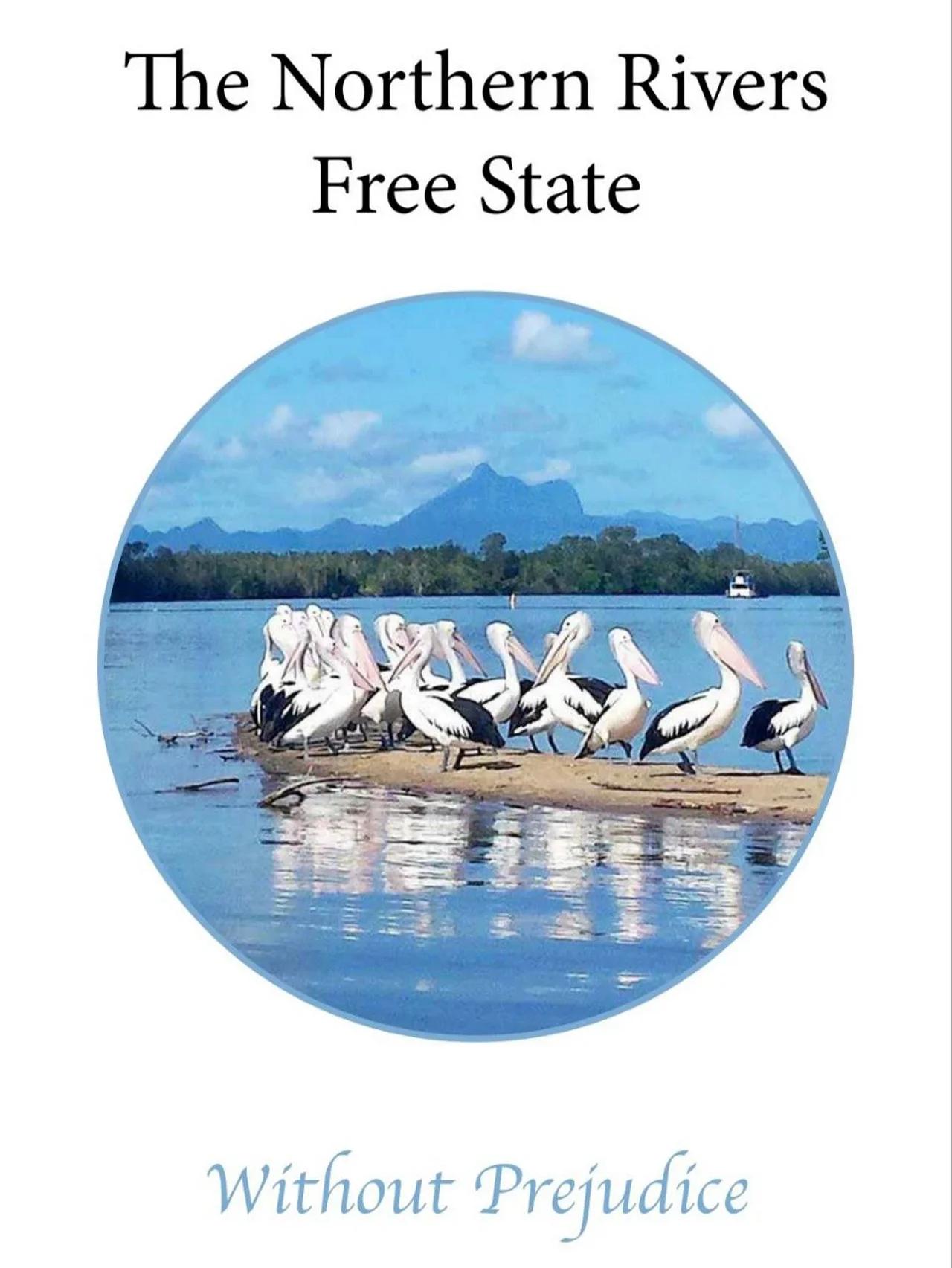Judul : Rivers State: At last traction resumes in governance
link : Rivers State: At last traction resumes in governance
Rivers State: At last traction resumes in governance

vAs a source of relief to not a few residents of Rivers State, a silver lining may be trailing the ambience of shock and uncertainty which had enveloped the state since emergency rule was declared over it by President Bola Tinubu on March 18 2025, citing security concerns.
The attendant downturn in its political life and consequential uncertainty across the state amply demonstrated the low point to which politics in Nigeria can actually descend. In a sequence of causes and related effects, a litany of developments, ranging from the good, bad and ugly, depending on the moral compass of the observer, ran their respective courses, and in the process spawned a foreboding sense of uncertainty across the state. However, in the early part of this week, a new dispensation dawned with a break in the administrative machinery of the state as the sole administrator, Nigeria's former Chief of Naval Staff, Vice Admiral Ibok-Ette Ibas (retd), inaugurated the boards of some statutory agencies, thereby availing governance in the state the much needed traction.
As is easily recalled, Rivers State has since the onset of emergency rule on March 18 2025 been grappling with a complement of twists and turns in its political fortunes, which literally changed the course and pace of governance. First was the suspension by the president of the elected governor, Siminalayi Fubara, along with the deputy governor, Ngozi Odu, as well as members of the Rivers State House of Assembly. This was followed by the appointment of a sole administrator in the person of Rear Admiral Ibok Ete Ibas for an initial period of six months. This gives September 18, 2025 as the terminal date of the sole administrator in office.
Unexpected by most Nigerians, especially the younger generation who had no experience with military rule, the situation kept all and sundry on edge as it literally destabilised all permutations by political stake holders and the ordinary citizens of the state alike.
The sole administrator had resumed office and launched his mission with a scorched earth policy, in the course of which he dismantled much of the political structure established by the suspended governor, apparently to create a clear administrative delineation between his tenure and the former's.
Against the backdrop of Ibas' military background, hardly would anybody expect him to act otherwise, as his mission was to take total charge of the situation on ground as a military commander. And in leadership scenarios, the style of administration of a leader is defined by his or her character as forged by the person's antecedents. Hence in the Fubara-Ibas matrix, it was a case of sudden change from the style of a democratically elected civilian governor to a command- oriented military administrator with inclination and powers to execute orders and do so with firmness, as well as despatch. Hence, since the advent of Ibas, governance in the state had inadvertently been adjusting to align with his pace. This situation has created a wide swathe of administrative lacunae in several areas of basic administration.
That is also why the recent inauguration of some statutory bodies whose former members were sacked and replaced by Ibas marks a significant turning point in the political life of the state, not only for now, but for a long time to come.
Specifically, four of such statutory bodies which Ibas sacked, nominated new members and inaugurated were the Rivers State Independent Electoral Commission (RSIEC), Rivers State Civil Service Commission (RSCSC), Rivers State Primary Health Care Management Board (RSPHMB) and the Rivers State Local Government Service Commission (RSLGSC).
Incidentally, the inauguration of these agencies had sparked significant concern across the state by persons who are yet to imbibe the new dispensation of a paradigm shift in Rivers State politics, whereby and until further notice, critical decisions on governance of the state are taken in Abuja and not in Government House, Port Harcourt. By the same token, the new dispensation may include the inauguration by the sole administrator of more statutory bodies in his agenda of executing his mandate.
However, put in context, this new dispensation offers a new regime of challenges to both the sole administrator and citizens in the state. The purpose of this shift in strategy by the sole administrator is justified on two grounds. First is that granted that he seems to have resolved the security concerns without a war, he needs to address the primary mission of the president in sending him to Rivers State, which is to reconcile the interests of stakeholders in the peace of the state.
This is a task that will not only test his ultimate capacity for peace-building but his tenure in posterity as positive or otherwise. Secondly, in pursuit of the first goal, he also needs to ensure minimal disruption to the laudable goals of Fubara, which had been acknowledged by the people, and who are expecting completion of such programmes and projects.
For citizens in the state, the dispensation of emergency rule during a constitutional democratic era offers a deluge of lessons, one of which is that it is no more business as usual with respect to the traditional monolithic approach to politics, whereby the birthright mentality dominated in leadership considerations. Henceforth, the dynamics that will define political leadership of Rivers State will build on a network of linkages beyond its borders.
Provided by SyndiGate Media Inc. (Syndigate.info).Demikianlah Artikel Rivers State: At last traction resumes in governance
Anda sekarang membaca artikel Rivers State: At last traction resumes in governance dengan alamat link https://www.punyakamu.com/2025/07/rivers-state-at-last-traction-resumes.html
0 Response to "Rivers State: At last traction resumes in governance"
Post a Comment